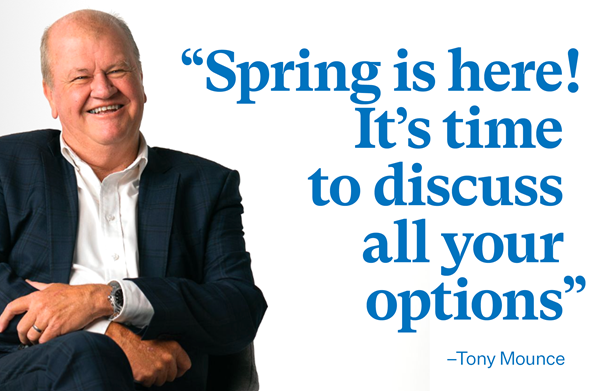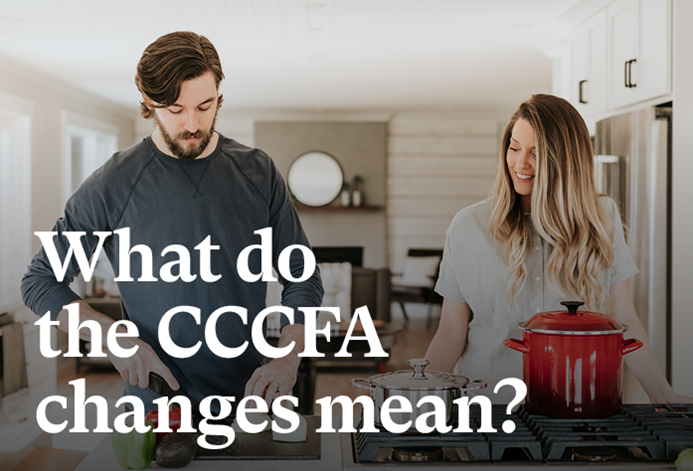Property Investment
How to become a residential
property investor
More about property investment:
More about buying a home:
Owning a residential investment property can be an attractive method of creating a passive income to help you during (and before) your retirement. Investing in residential property can also form a nest egg for your family or offer them a shortcut on their journey to homeownership.
We can help you consider all your residential property investment options.
Can you afford to buy a rental property?
This question depends heavily on what approach you take to residential property investment — will your property be positively geared (meaning you don’t have to top-up the rental income to cover your costs or receive profit) or negatively geared (where you have to top-up the rent with your own cash to cover the ownership costs)?
In addition to this, there are several other key questions to answer:
- Do you have equity in the home you already own, and how much?
- Do you have any money saved for a deposit?
- What costs will be associated with the purchase?
- Based on all of the above, how much will you need to borrow?
Using equity in your own home to buy rental property
Many first-time residential property investors get on to the investment ladder by leveraging the equity they have in their own home.
This equity accumulates in three ways:
- If you purchased your home for $500,000 and paid a deposit of 20%, you’ll have 20% or $100,000 equity in your home
- If you purchased your home for $500,000 putting down a 20% deposit ($100,000) and you’ve paid $50,000 of your home loan off, then you’ll have 30% or $150,000 equity in your home
- If you purchased your home for $500,000 putting down a 20% deposit ($100,000) and you’ve paid off $50,000 of your home loan, and the market value of your home has increased to $600,000, then you’ll have just over 40% or $250,000 equity in your home
To use some of this equity towards an investment property, you will need to retain the loan-to-value ratio (LVR) of your own home at a maximum of 80%. Looking at scenario three above:
Own home value of $600,000 at 80% is $480,000. With a mortgage of $350,000, you could use the difference ($480,000 – $350,000 = $130,000) towards a new purchase. If the rental property you are looking to buy is valued at $350,000, you could use $70,000 of your existing equity as a 20% deposit on the new purchase.
Of course, you’ll need to consider associated costs…
Costs associated with buying a rental property
In addition to the usual costs associated with buying a home, you should budget for maintenance and repairs, landlord insurance, mortgage repayment insurance, and property management fees if you don’t fancy managing the tenancy yourself. Note this is not an exhaustive list of associated costs and due diligence is essential to any property investing.
Creating a property investment strategy
Because property investment is a long-term gig, a game plan is essential. Think about what your end goals are, what steps you’ll take to get there, and if you want to grow your portfolio.
Over the years we’ve worked with thousands of property investors in your current position. Get in touch and we can help you gain a full perspective of your options.
Pros and cons of residential property investment
Upsides to investing in residential property:
- The rental income can offset (and cover if positively geared) the related costs
- If the market value of the property increases, you can make capital gains
- Equity in your current home can help with your rental property purchase
- You’ll have a tangible asset (bricks and mortar), which some find more reassuring than owning shares or stocks
- Some of your investment property expenses may be tax deductible, such as interest paid on your loan
Downsides to investing in residential property:
- The element of unpredictability: you don’t know if the property will go untenanted for a few months a year, what damage your tenants may cause, what rate increases, or legislation changes the government will introduce
- If your property is negatively geared, you will have to fund ongoing expenses out of your own pocket until the capital gains or rental income increases to the point where the property becomes positively geared
- If interest rates increase, so too will your costs meaning your profits (if any) will reduce
- Capital gains made from the sale of your property may be taxable, and if the property takes a long time to sell you may take a loss — especially if it’s untenanted during this period
- Your residential investment property may not increase in value, meaning no capital gains or grounds to increase the rent, and a lower return on investment
Where do you want to be?
We’re all about empowering our customers with the knowledge and assistance to get them where they want to be in life. Let TMO help pave the way to where you want to be.
Property Investor Success Stories
Glen Colquhoun has been using Tony Mounce for over 20 years

Location: Christchurch
Situation: Purchasing investment properties
Adviser: Tony Mounce and various other team members
Tony Mounce Mortgages has been there since day one, helping me obtain finance to purchase rental properties.
I have a long and outstanding working relationship with Tony Mounce, which now spans over 20 years. I have found Tony and his highly professional team to be exceptional in helping me secure finance for me to move ahead.
I use TMO for all financial lending services and have dealt with different team members, including Tony along my journey.
The Tony Mounce team are excellent and have a high level of empathy. I receive 100% satisfaction in my dealings with them, which is why I continue to use and recommend their services.
I rate my experiences as superb; Tony and his team have helped me reach financial freedom through their great service, in acquiring competitive finance for me to reach my goals.
Glen Colquhoun
Property Investor
Content for Property Investors
Read helpful blogs for property investors, like you.

Spring is here!
MORTGAGE UPDATE. NEW SPRING OPPORTUNITIES ARE UPON US! Despite what the markets are doing, there is nothing quite like the feeling of spring in the

2023 Important Update for March
The new year has started and many commentators are trying their best to scare you with their own dire predictions for the rest of 2023.

What do the CCCFA changes mean?
On 7 July 2022 some proposed changes to the Credit Contract and Consumer Finance Act (CCCFA) came into effect around current and future spending. Prior
